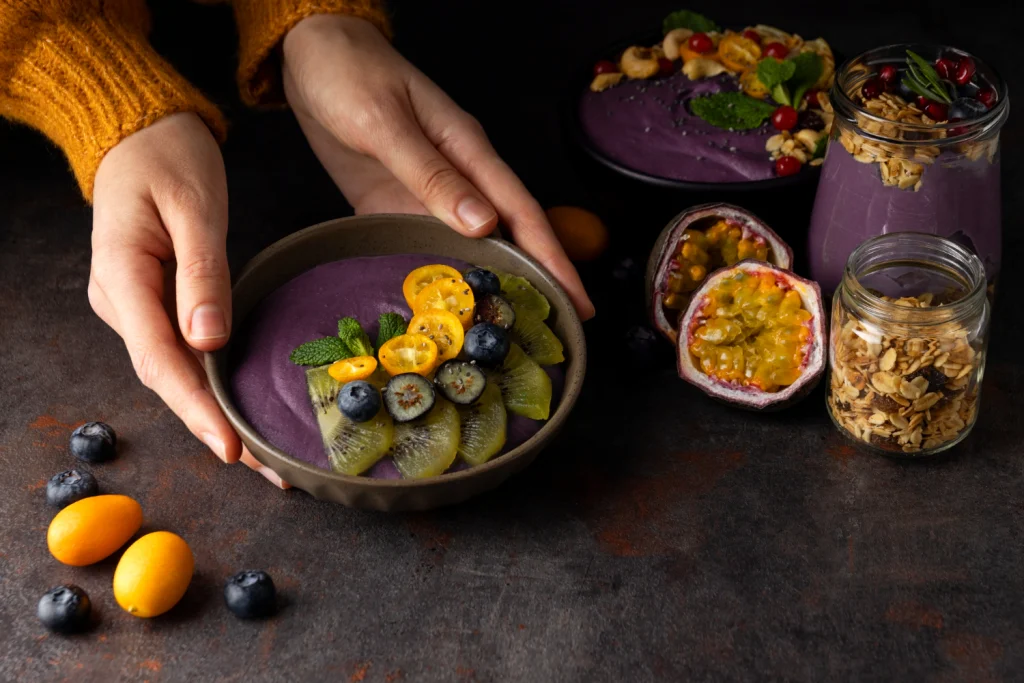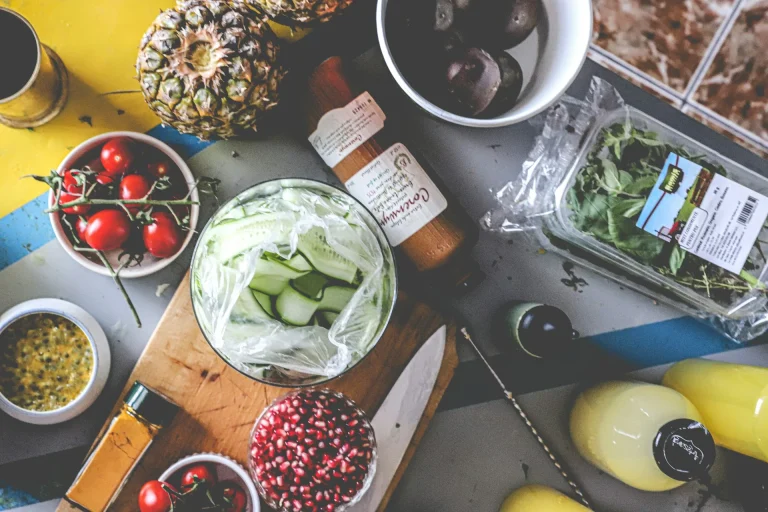The superfoods are everywhere, including health blogs and grocery store shelves, as they purport to promote immunity, slow aging, and even prevent disease. However, what is the science of superfoods? Are they magical, or smart marketing?
Somewhere in the middle of the truth lies. Although the concept of superfood is not a scientific term, a lot of these nutrient-dense foods do provide incredible benefits to health once incorporated into a balanced diet. Let’s unpack what makes a food super, watch some of the best studies on some of the best studied ones, and fact and fiction.
What Exactly Are Superfoods?
Superfood is a marketing phenomenon of foods that are extraordinarily enriched with nutrients, antioxidants or other substances that are reputed to enhance health. These foods do not have any superpowers but they provide concentrated nutrients that help in sustaining major body functions such as metabolism, heart conditions and immunity.
Common traits of superfoods include:
- High levels of antioxidants (which protect cells from damage).
- Rich sources of vitamins and minerals like vitamin C, potassium, and iron.
- Contain phytonutrients plant compounds that support cell repair and reduce inflammation.
- Often low in calories, making them nutrient-dense rather than energy-dense.
So, while the name “superfood” may be more buzz than biology, many of these foods have real, measurable benefits.
The Nutritional Science Behind Superfoods
Research shows that superfoods can influence health on a cellular level. For example:
- Antioxidants and Aging:Oxidative damage to cells is caused by free radicals, unstable molecules generated as a result of pollution, stress, and processed food. Antioxidants such as super foods such as spinach, berries, and green tea are abundant and they help counter such free radicals.
- Anti-Inflammatory Properties:The diseases caused by chronic inflammation include diabetes, arthritis and heart disease. Anti-inflammatory properties of certain foods such as turmeric (and its active ingredient, curcumin) and fatty fish (high in omega-3s) are supported by decades of scientific studies.
- Gut Health:Superfoods that contain many fibers like chia seeds, oats, and kefir help to maintain a healthy microbiome part of the gut or the community of good bacteria that helps with digestion and boosts immunity.
- Heart Health:Such superfoods as avocados, walnuts, and dark chocolate contribute to maintaining a healthy cholesterol level, reducing blood pressure, and promoting heart health.
Each of these effects might seem small on its own, but together, they create a powerful foundation for long-term health.
Top 10 Science-Backed Superfoods
- Blueberries: Blueberries are packed with anthocyanin and it is known to have antioxidant power. Research associates them with a higher memory and lower heart disease risk.
- Kale: Kale is a nutrient-dense source of vitamins A, K, and C. It is low in calories and it promotes the health of the bones and the immune system.
- Salmon: One of the best sources of omega-3 fatty acids, salmon helps lower inflammation and supports brain and heart health.
- Avocados: Rich in healthy fats and potassium, avocados help reduce cholesterol and improve nutrient absorption from other foods.
- Turmeric: Curcumin, the active ingredient in turmeric, has strong anti-inflammatory and antioxidant properties that support joint and brain health.
- Green Tea: Loaded with catechins, green tea can improve metabolism, boost energy, and may even lower the risk of chronic diseases.
- Chia Seeds: These tiny seeds are full of fiber, omega-3s, and protein, making them ideal for digestion and heart health.
- Dark Chocolate: Rich in flavonoids, dark chocolate (70% cocoa or higher) supports heart health and boosts mood.
- Sweet Potatoes: A complex carbohydrate full of fiber and beta-carotene, sweet potatoes stabilize blood sugar and promote eye health.
- Greek Yogurt: High in protein and probiotics, Greek yogurt supports digestion, bone strength, and muscle recovery.
Superfood Myths: What You Should Know
Despite their impressive nutrient profiles, superfoods aren’t a cure-all. Eating goji berries won’t erase an unhealthy diet, and no single food can replace balanced nutrition.
Common myths include:
- “Superfoods can prevent disease.”They can reduce risk factors for disease but can’t guarantee prevention.
- “You need exotic superfoods.”Local options like apples, beans, and oats often provide the same nutrients as pricier imports.
- “The more, the better.”Moderation is key. Overconsuming certain superfoods (like turmeric or kale) can cause imbalances or interfere with medications.
Think of superfoods as powerful allies, not magic bullets.
How to Add Superfoods to Your Daily Routine
You don’t need a complicated diet to benefit from the science behind superfoods. The key is consistency and variety.
Simple ways to include them daily:
- Add berries to your morning oatmeal or smoothie.
- Sprinkle chia seeds or flaxseeds on salads or yogurt.
- Swap processed snacks for nuts or dark chocolate.
- Use turmeric in soups or teas.
- Choose whole grains like quinoa or oats instead of white rice.
A balanced plate that includes fruits, vegetables, lean proteins, and healthy fats ensures your body gets the full spectrum of nutrients it needs.
FAQs
1. Are superfoods necessary for good health?Not that necessarily but they help to facilitate your nutritional demands. Superfoods boost the level of nutrients in your food but holistic balance and diversity play a bigger role. The combination of foods such as lentils, eggs, spinach, and others that you can find in your everyday menu will help you to have excellent health.
2. What’s the best way to start incorporating superfoods?Start small. Find ways to add a superfood or two to favorite dishes like putting spinach into pasta or berries into breakfast. These minor modifications can over time contribute to a great difference in the way you feel and work.
Final Thoughts
The science part of superfoods indicates that the term itself might be a fad but behind the nutritional values are factual. Whether it is inflammation reduction or even heart health, these foods can help make you feel good, as a part of a healthy lifestyle.
You do not have to completely change your entire diet and spend money on far-fetched products. The true strength of superfoods is that they are just really simple: fresh and whole, rich in nutrients that make your body work better.
The next time you make a meal, therefore, keep in mind, it is every bite you have a chance to feed yourself smarter.


